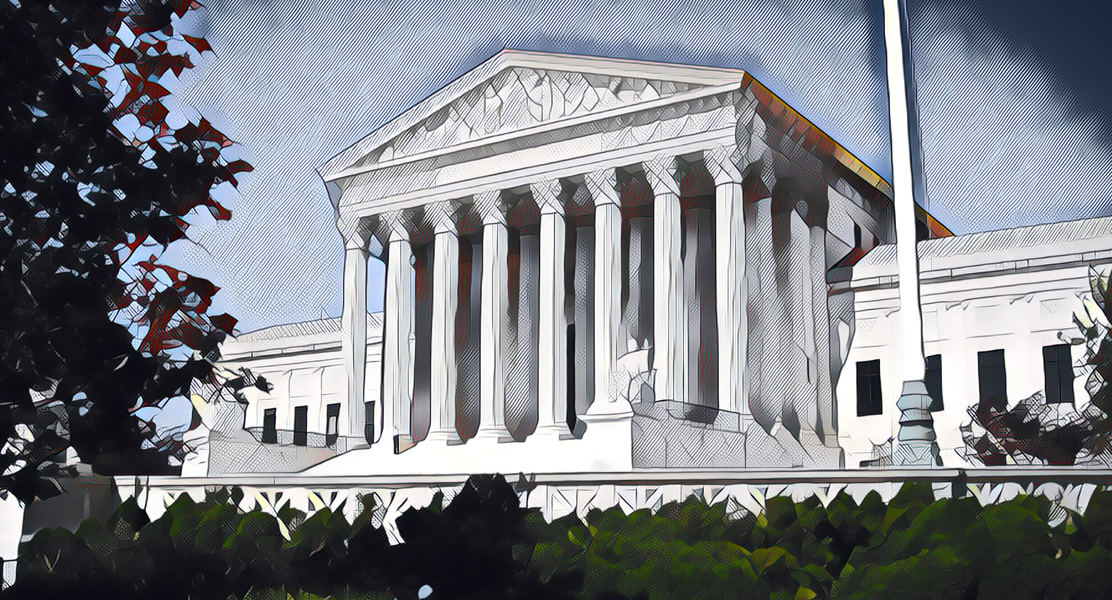Update on religious liberty cases before the U.S. Supreme Court

I can’t remember a time when there were more cases before the Supreme Court that could impact religious liberty and church-state law. Some have been argued and are awaiting a ruling; some have had arguments rescheduled in light of the coronavirus pandemic; others still don’t have argument dates set. Here is an updated calendar and run-down of the cases on my radar.
Trump v. Pennsylvania (consolidated with Little Sisters of the Poor v. Pennsylvania)
This case asks the Supreme Court to consider, among other things, whether the Trump administration had the authority, under the Religious Freedom Restoration Act (RFRA) and the Affordable Care Act (ACA), to expand the conscience exemption to the contraceptive coverage mandate.
Oral Argument re-scheduled for May 6, 2020.
Our Lady of Guadalupe School v. Morrisey-Berru (consolidated with St. James School v. Biel)
The Court is being asked to review two cases involving the “ministerial exception” to Title VII of the Civil Rights Act. Here, the issue is whether and to what extent teachers at private religious schools are subject to the exception.
Oral Argument re-scheduled for May 11, 2020.
This case asks whether successful claimants under the Religious Freedom Restoration Act (RFRA) are entitled to monetary damages. In a brief filed with the Court, BJC attorneys argue that RFRA was always intended to allow for monetary damages under the same principles that are followed elsewhere in federal law protecting important civil rights.
Oral Argument has been postponed and not yet re-scheduled.
Fulton v. City of Philadelphia
This case asks whether the city acted lawfully in ending a contract with Catholic Social Services because they would not commit to abiding by nondiscrimination laws in providing child placement services the city subsidizes.
The deadline for filing briefs has been extended. Oral argument has not yet been set.
Espinoza v. Montana Dept. of Revenue
This case asks whether the state of Montana’s decision to restrict a tax credit scholarship program to non-religious schools (in accordance with the state constitution’s prohibition on aid to religion) violates the federal Constitution. In a brief filed with the Court, BJC attorneys argued that federal law rightly treats religion distinctively. They urged the Court to uphold both the state’s action and no-aid provisions generally.
Oral argument was heard on January 22, 2020. Highlights of the argument transcript are here. A decision is expected by the end of June.




